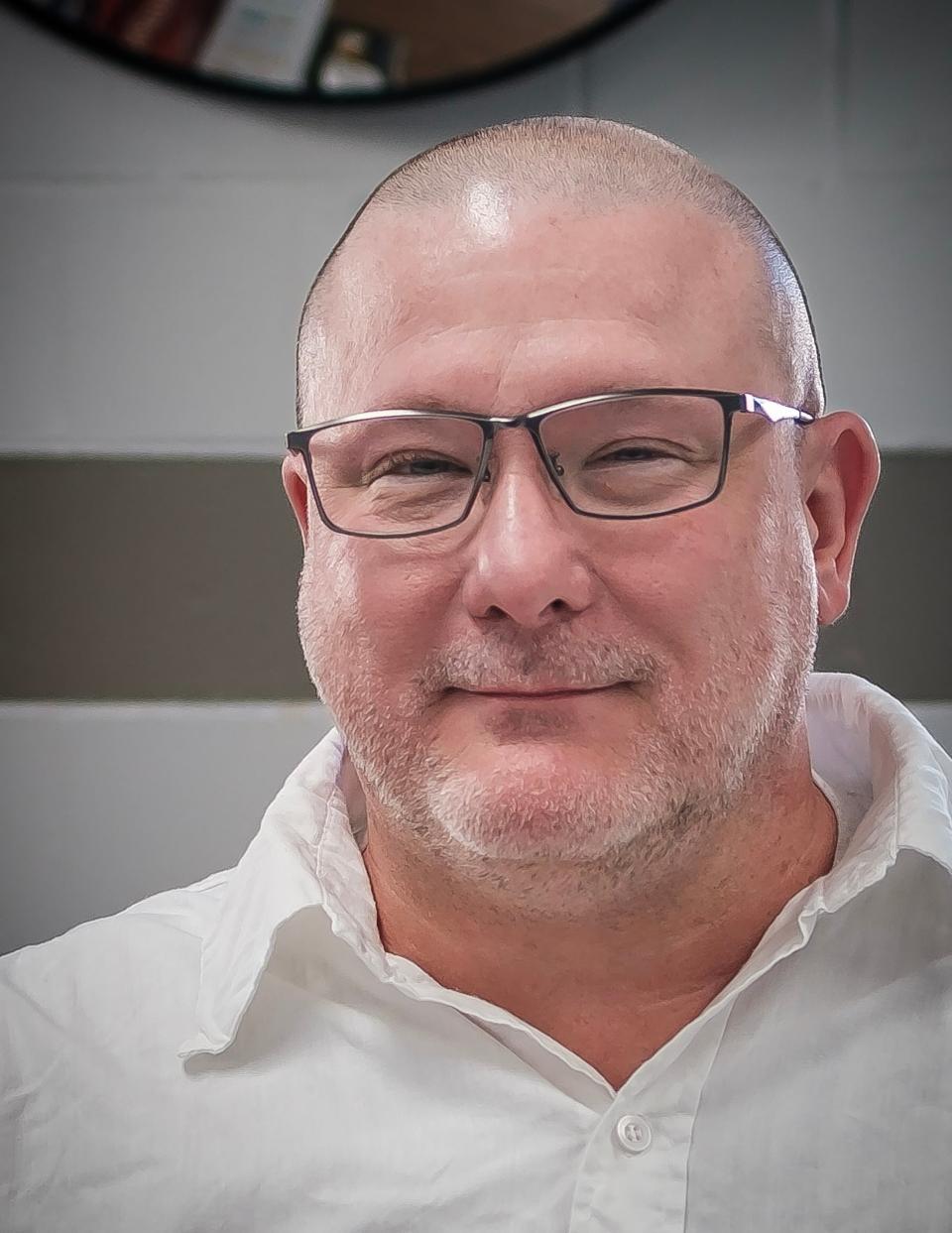Missouri executes Brian Dorsey despite objections by dozens of correctional officers
Brian Dorsey, the convicted Missouri murderer whose fight against a death sentence gained support from dozens of correctional officers, was executed by lethal injection Tuesday in a state prison, according to his attorney Kirk Henderson, who was a witness.
The U.S. Supreme Court declined appeals to intervene in Dorsey’s behalf earlier in the day, and his request for clemency was turned down Monday by Missouri Gov. Mike Parson.
Dorsey, 52, was sentenced to the capital punishment for the confessed killing of his cousin and her husband in 2006. His lawyers argued he did not receive proper representation by his public defenders and had been “'fully rehabilitated’’ in prison.
Dorsey’s case drew national attention because of the unusually strong stance in favor of commutation by current and former prison staff – his lawyers said more than 70 correctional officers vouched for him – and the focus on execution protocols that could have put him at risk of extreme pain before he died.
Dorsey wrote by hand a last statement that said, "I am truly deeply overwhelmingly sorry. Words cannot hold the just weight of my guilt and shame.''
In a statement confirming Dorsey's execution would be carried out, Parson's office said he not only attacked family members who opened their home and rescued him from drug dealers seeking to collect debts, but he raped his cousin's body after killing her.
"The pain Dorsey brought to others can never be rectified, but carrying out Dorsey’s sentence according to Missouri law and the Court’s order will deliver justice and provide closure," Parson said in the statement.
Dorsey's lawyers said he was in a drug-induced psychosis at the time of the assaults, and they pointed out in their clemency request that more than 70 former and current corrections officers supported commuting Dorsey's death sentence. Troy Steele, the former warden at Potosi Correctional Center, where Dorsey was housed, said his record was "extraordinary," according to the filing.
“Brian Dorsey is kind, gentle, hardworking, and humble,'' Henderson said in a statement. "He has spent every day of the past 18 years trying to make up for the single act of violence he committed, serving the prison community as the staff barber and never getting in even the slightest trouble.''
Death row inmate execution: Alabama looks to perform second execution of inmate with controversial nitrogen hypoxia
Brian Dorsey charged in 2006 double-murder
Dorsey was convicted of murdering his cousin Sarah Bonnie and her husband, Ben Bonnie, on Dec. 23, 2006. The couple had taken Dorsey in because drug dealers were trying to collect money he owed them, according to court filings.
Prosecutors said Dorsey shot the couple with their own shotgun, while their 4-year-old daughter was in the home. Dorsey also stole personal property to repay drug debts, the filings said.
"Brian Dorsey punished his loving family for helping him in a time of need. His cousins invited him into their home where he was surrounded by family and friends, then gave him a place to stay. Dorsey repaid them with cruelty, inhumane violence, and murder," Parson said in the statement.
Dorsey pleaded guilty to two counts of first-degree murder in 2008. He later filed several appeals that have been denied, arguing an insufficient defense because of the state's flat-fee payment of $12,000 to his public defenders, which his lawyers said represented a conflict of interest and provided little incentive to pursue a vigorous defense.
They also said Dorsey is remorseful and changed his life behind bars.
"The correctional staff ? who know Mr. Dorsey best at this point, and who know what real rehabilitation and genuine remorse look like because of their firsthand experience with and broad basis for comparison with other prisoners ? consistently attest to Mr. Dorsey’s wholesale rehabilitation, his genuine remorse, and ultimately his redemption," their clemency request said.

Missouri execution protocol in spotlight
Dorsey's case has also drawn scrutiny because Missouri's single-drug protocol for execution says nothing about the use of painkillers. His lawyers say he's diabetic, obese and a former intravenous drug user, which could make it harder to locate a vein in which to inject the lethal dose.
Such instances sometimes require the use of a "cutdown,'' an incision in the body followed by pulling apart the flesh to isolate the vein. That takes place before the death row inmate has a final meeting with a spiritual adviser, and Dorsey's lawyers have argued he would be in "significant pain and anguish," so his freedom of religion would be abridged.
The Associated Press reported the state agreed to a settlement by which it would take unspecified measures to reduce Dorsey's exposure to extreme pain.
This article originally appeared on USA TODAY: Missouri executes Brian Dorsey despite prison officers' objections
